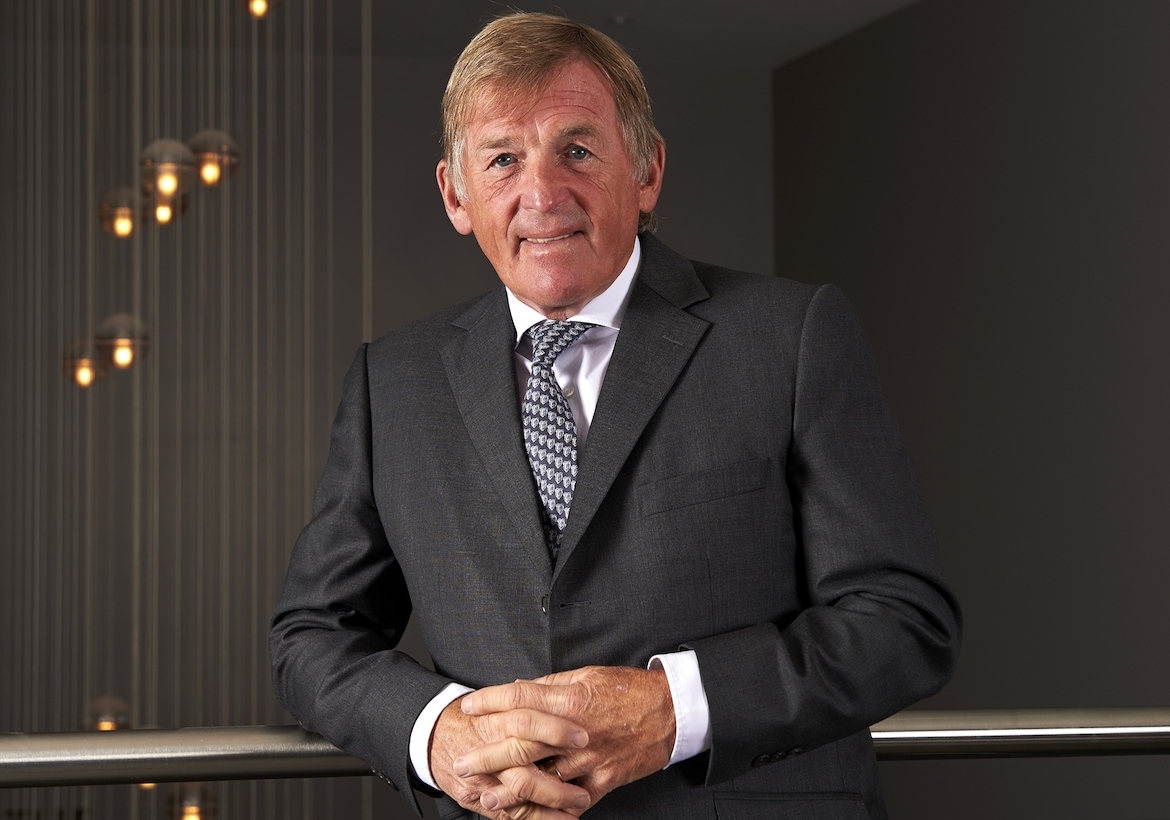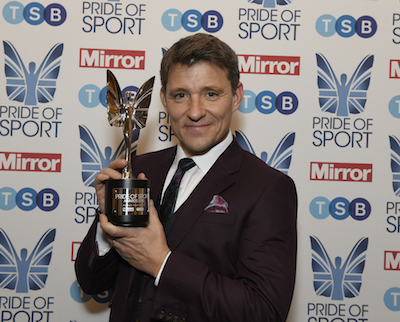With 26 major honours, including 13 league titles and three European Cups as a player and manager with Celtic, Liverpool and Blackburn Rovers, Kenny Dalglish’s place in football’s pantheon is assured.
But the leadership and compassion he displayed in Liverpool’s darkest hour transcends sport.
When 96 fans lost their lives at Hillsborough in 1989, the club’s inspirational player-manager told his devastated players, “What is called for is dignity. We need to set an example.”
That is exactly what he did, organising hospital visits to the injured, spending time with bereaved families and making sure Liverpool were represented at every single funeral, attending many himself.
And as the families embarked on their long quest for justice, he was at their side until the end.
Set against the magnitude of his response to the tragedy of Hillsborough, Sir Kenny’s achievements in football are of course of secondary importance.
But his record as a player and manager marks him out as one of the all time greats of the game.
After being rejected by West Ham and Liverpool following trials as a skinny 15-year-old, he signed for Celtic in 1967, working as an apprentice joiner while he waited for his chance in the first team.
By 1971 he was a regular, going on to score 167 goals in 322 games, winning four league titles, four Scottish Cups and the Scottish League Cup.
In 1977 he joined Liverpool for a transfer fee of £440,000, breaking the British record at the time.
Over the next 13 years he was the inspirational spearhead of arguably the greatest team in football history, dominating the game both at home and abroad.
Liverpool were Champions in 1979, 1980, 1982, 1983 and 1984, adding the League Cup in 1981, 1982, 1983 and 1984.
European Cup wins in 1978, 1981 and 1984 were the high points of Sir Kenny’s trophy-laden spell as a player.
And in 1985 he was appointed player-manager, and led Liverpool to a League and FA Cup double in his first season. More League titles followed in 1988 and 1990, as he built a team of breathtaking attacking prowess.
But the stress of Hillsborough had taken its toll, and in 1991, he resigned, leaving Liverpool at the top of the table.
That October, he took over second division Blackburn Rovers, leading them into the top flight, and then winning the Premier League in 1995.
He went on to lead Newcastle to second place and won the Scottish League Cup as Celtic manager, before a return to Liverpool, where he won the League Cup in 2012 - their first trophy for six years.
Away from football, he has helped to raise millions of pounds for charity.
In 2004 he founded The Marina Dalglish Appeal after his wife successfully fought breast cancer.
The charity has helped raise more than £10million to treat cancer patients, including funding for an oncology unit at Aintree University Hospital, and a support centre in Liverpool.


